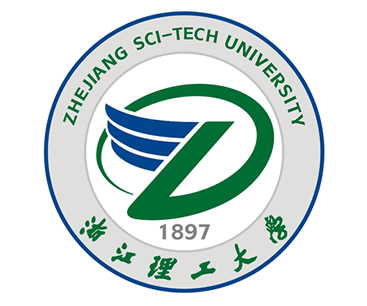
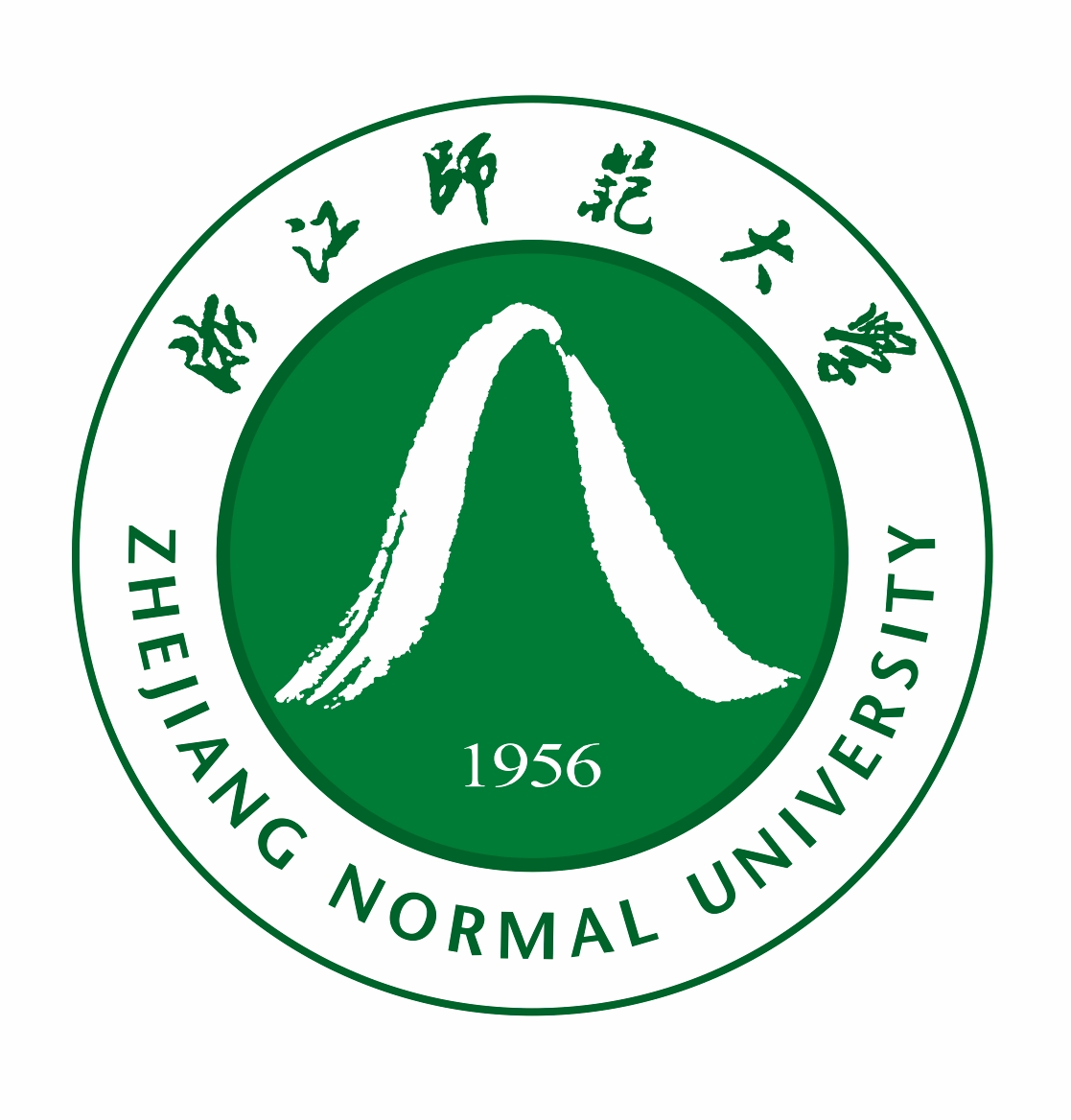

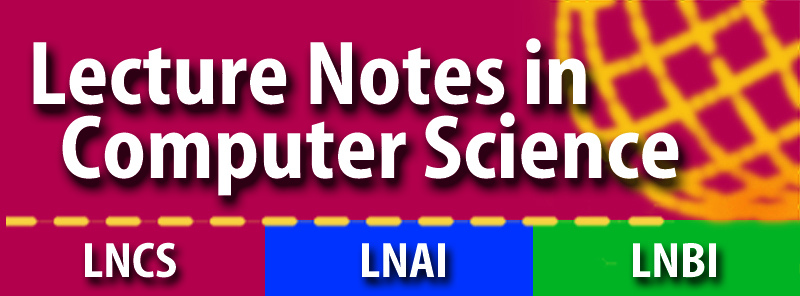



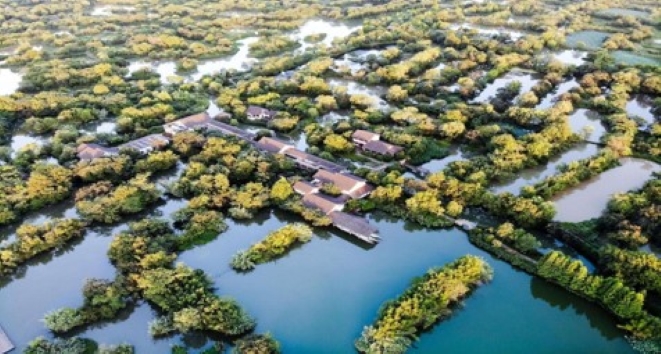
Driven by advancements in areas such as artificial intelligence, distributed systems, autonomous intelligent systems, and cyber-physical systems, complex computer systems increasingly shape every aspect of human life, from manufacturing and communications to healthcare, defense, transportation, and energy, the demand for advanced methodologies and tools is growing. These systems are often distributed across heterogeneous networks, leveraging vast amounts of data alongside emerging artificial intelligence (AI) and machine learning techniques. Recent trends, including the rise of large language models (LLMs) and embodied intelligence, have introduced additional challenges and opportunities in the engineering of such systems. The complexity of modern systems arises from dynamic operating environments, diverse functional requirements, and conflicting needs such as performance, scalability, security, dependability, and adaptability. These challenges are compounded by factors like real-time behavior, fault tolerance, robustness, and long-term sustainability, making the engineering of these systems a multidisciplinary effort.
The 29th International Conference on Engineering of Complex Computer Systems (ICECCS 2025) is a well-established event that has been held around the world for over 29 years. It aims to bring together experts from industry, academia, and government to exchange ideas on the engineering of intricate systems. We encourage contributions that tackle both theoretical and practical challenges, from long-term research agendas to near-term industry needs.
ICECCS is recognized as a CCF-C conference by the China Computer Federation (CCF) and holds a B ranking in the 2023 rankings of the Computing Research and Education Association of Australasia (CORE).
The proceeding is now available online and can be accessed at http://link.springer.com/openurl.asp?genre=issue&issn=0302-9743&volume=15746
Driven by advancements in areas such as artificial intelligence, distributed systems, autonomous intelligent systems, and cyber-physical systems, complex computer systems increasingly shape every aspect of human life, from manufacturing and communications to healthcare, defense, transportation, and energy, the demand for advanced methodologies and tools is growing. These systems are often distributed across heterogeneous networks, leveraging vast amounts of data alongside emerging artificial intelligence (AI) and machine learning techniques. Recent trends, including the rise of large language models (LLMs) and embodied intelligence, have introduced additional challenges and opportunities in the engineering of such systems. The complexity of modern systems arises from dynamic operating environments, diverse functional requirements, and conflicting needs such as performance, scalability, security, dependability, and adaptability. These challenges are compounded by factors like real-time behavior, fault tolerance, robustness, and long-term sustainability, making the engineering of these systems a multidisciplinary effort.
The 29th International Conference on Engineering of Complex Computer Systems (ICECCS 2025) is a well-established event that has been held around the world for over 29 years. It aims to bring together experts from industry, academia, and government to exchange ideas on the engineering of intricate systems. ICECCS 2025 will be held on 2-4 July 2025 in Hangzhou, China. We encourage contributions that tackle both theoretical and practical challenges, from long-term research agendas to near-term industry needs.
ICECCS is a CCF-C conference by the China Computer Federation (CCF) and a B-ranked international conference by the Computing Research and Education Association of Australasia (CORE) 2023 ranking.
We welcome submissions in a wide range of topics related to complex computer systems, including but not limited to:
Different kinds of contributions are sought, including novel research, lessons learned, experience reports, and discussions of practical problems faced by industry and user domains. The ultimate goal is to build a rich and comprehensive conference program that can fit the interests and needs of different classes of attendees: professionals, researchers, managers, and students. A program goal is to organize several sessions that include both academic and industrial papers on a given topic and culminate panels to discuss relationships between industrial and academic research.
ICECCS 2025 accepts both full papers and short papers.
Submissions to the conference must not have been published or be concurrently considered for publication elsewhere. All submissions will be judged on the basis of originality, contribution to the field, technical and presentation quality, and relevance to the conference.
Proceedings will be published by Springer in the Lecture Notes in Computer Science (LNCS). Submitted manuscripts should be in English and formatted in the style of LNCS format. Full papers should not exceed 20 pages (including bibliography, etc.), and short papers should not exceed 11 pages (including bibliography, etc.). All submissions should be in PDF format. Submissions not adhering to the specified format and length may be rejected immediately without review. Please prepare your manuscripts in accordance with the Springer LNCS guidelines: https://www.springer.com/gp/computer-science/lncs/conference-proceedings-guidelines
We invite all prospective authors to submit their manuscripts via the ICECCS 2025 portal, hosted by the EasyChair conference management system: https://easychair.org/conferences/?conf=iceccs2025.
Each presentation slot is 30 minutes total, including both the oral presentation (about 25 minutes) and Q&A session (about 5 minutes).
Download the program here

The approach of failure-based testing refers to those software testing techniques that make use of the information about various aspects of failure patterns to do testing. Adaptive random testing belongs to this approach. In this presentation, we will explain the development and the potential of this approach. We believe that more and more work will be emerging from this field. Also discussed will include how failure-based testing aids debugging and program repair, and the role of failure-based testing used in testing AI systems.
Tsong Yueh Chen is currently a professor in software engineering at Swinburne University of Technology in Australia. His main research interest is on software testing. Chen is the inventor of adaptive random testing and metamorphic testing. He co-founded the field of failure-based testing with Fei-Ching Kuo, Robert Merkel and T. H. Tse. He is an IEEE Fellow and is the recipient of the ACM SIGSOFT Outstanding Research Award.

The rapid integration of large vision-language models (VLMs) into intelligent agent systems has unlocked remarkable capabilities across domains. These systems promise autonomy, adaptability, and multimodal understanding, positioning them at the frontier of real-world AI deployments. However, as their complexity and reach grow, so do the security and trustworthiness challenges they face. In this talk, I will explore the security and trustworthiness issues of contemporary VLM-driven agent systems, focusing on a range of emerging threats from adversarial perception attacks to prompt injections. I will illustrate how these vulnerabilities can be exploited in practice and what risks they pose to safety, privacy, and reliability. Then I will discuss some potential defensive strategies to enhance the resilience of these systems. This talk aims to provoke both technical insight and critical reflection on the secure development of next-generation AI agents.
Dr. Tianwei Zhang is currently an associate professor at College of Computing and Data Science, Nanyang Technological University, Singapore. He received his Bachelor’s degree at Peking University in 2011, and Ph.D degree at Princeton University in 2017. His research focuses on building efficient and trustworthy computer systems. He has published more than 200 papers in top-tier security, AI, and system conferences and journals and has received several research awards including Distinguished Paper Awards at ASPLOS’23 and ACL’24.

Lei Ma is currently an Associate Professor with the University of Tokyo; and an associate professor with University of Alberta. He is a Canada CIFAR AI Chair and Fellow of Amii - Alberta Machine Intelligence Institute. His research centers around the interdisciplinary fields of human-centered trustworthy artificial intelligence (AI), software engineering (SE), and cyber-physical system (CPS) with a special focus on quality, reliability, safety, and security assurance, as well as the interpretation and human interactivity of and AI Systems. Many of his works were published in top-tier AI, software engineering, and security venues (e.g., TSE, TOSEM, ICSE, FSE, ASE, CAV, ICML, NeurIPS, AAAI, IJCAI, TDSC), among which four papers received the ACM SIGSOFT Distinguished Paper Awards (ASE 16, ASE 18, ASE 18, FSE 23), an annual best paper award of the 2022 IEEE Transactions on Software Engineering (TSE 2022), and IEEE TCSE New Directions Awards (2025). More information about his research activities can be found at [https://www.malei.org](https://www.malei.org/).
Registration for ICECCS 2025: https://iceccs2025-pay.github.io/
Author Registration Deadline: 15 May 2025 (23:59:59, AoE).
Early Registration Deadline: 15 June 2025 (23:59:59, AoE).
Late Registration Deadline: 3 July 2025 (23:59:59, UTC +8).
Each accepted paper of ICECCS must have at least one author registered at a REGULAR rate by 15 May 2025 (23:59:59, AoE).
| Early Registration (until 15 June 2025, 23:59:59 AoE) |
Late Registration (after 15 June 2025, 23:59:59 AoE) |
| 710 USD | 780 USD |
If you have any questions about the registration, please contact the Registrate Chair (Jian Wang).
Most nationals of 38 countries can, with ordinary passports, enter China visa-free for purposes of business, tourism, visits to relatives and friends, exchange visits, and transit, provided that their stay periods will not exceed 30 days. Please check online Visa Exemption Policies.
However, if you are not sure about visa-free status, please consult with your nearest Chinese embassy/consulate or your travel agency. For those who need a visa to travel to China, an invitation letter can be issued by local organizers. Please send all requests to yuanzhou@zstu.edu.cn with the following information:
Note that we can only provide invitation letters for visa to participants that have paid their registration fees. More details on China visa requirements can be found here.
ICECCS 2025 will be held at Jade Emperor Hotel (玉皇山庄), located in the West Lake Scenic Area and Lingyin Resort (西湖风景区及灵隐度假区).
Address: Hangzhou Jade Emperor Hotel, No. 74 Yuhuangshan Rd, Hangzhou, Zhejiang, China, 310002 (浙江省杭州西湖区玉皇山路74号)
Venue homepage and surrounding map
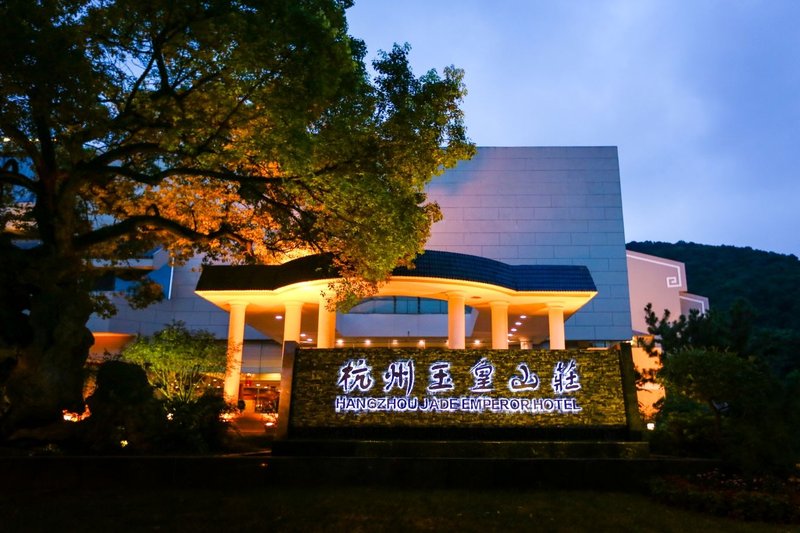

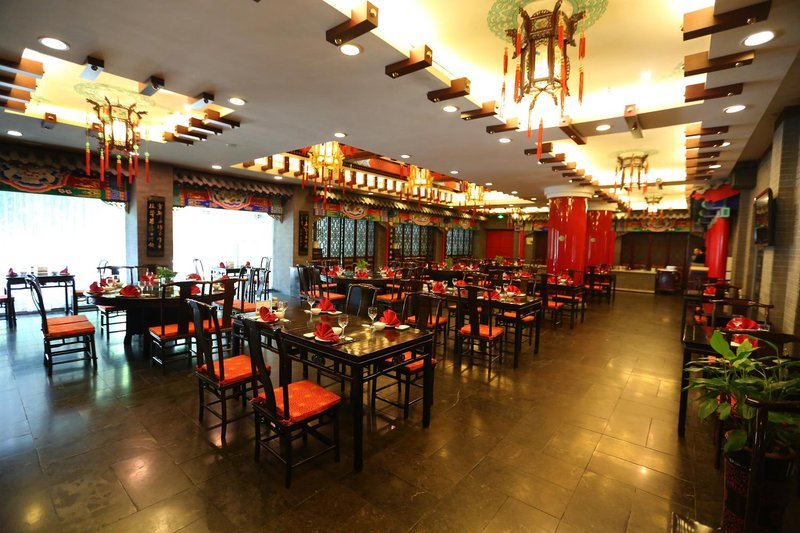
There are many hotels available near the venue, and you may book any that suits your needs. We are offering an exclusive promo code for discounted rates on venue hotels, providing better pricing than regular bookings.
To request a reservation, please complete the form via the link below. Once we receive your details, the hotel will contact you directly to confirm your booking.
You can fill out this form to request a reservation at a discounted rate before the week of the venue.
We are thrilled to have you here today to explore a delightful journey through the flavors of Hangzhou's culinary heritage. Each dish you’ll taste celebrates our culture and traditions, crafted with care and the finest ingredients. Let's introduce Longjing (Dragon Well) Tea, an iconic tea that is a perfect way to awaken your palate. West Lake Poached Fish is an appetizer for adjusting after long-distance travel. Dongpo Pork follows, a rich and savory block of meat that melts in your mouth. For a unique twist, we also present Longjing Tea Crisp, Beggar's Chicken, and Shrimps with Longjing Tea — my favorite, where the sweetness of the shrimp is elevated by the distinctive taste of Longjing tea. Anyway, there are many other light and fragrant desserts around Hangzhou, especially the West Lake area, infused with the delicate aroma of osmanthus flowers, which is a perfect finish to our culinary journey.
More details in English: visit
More details in Chinese: visit







